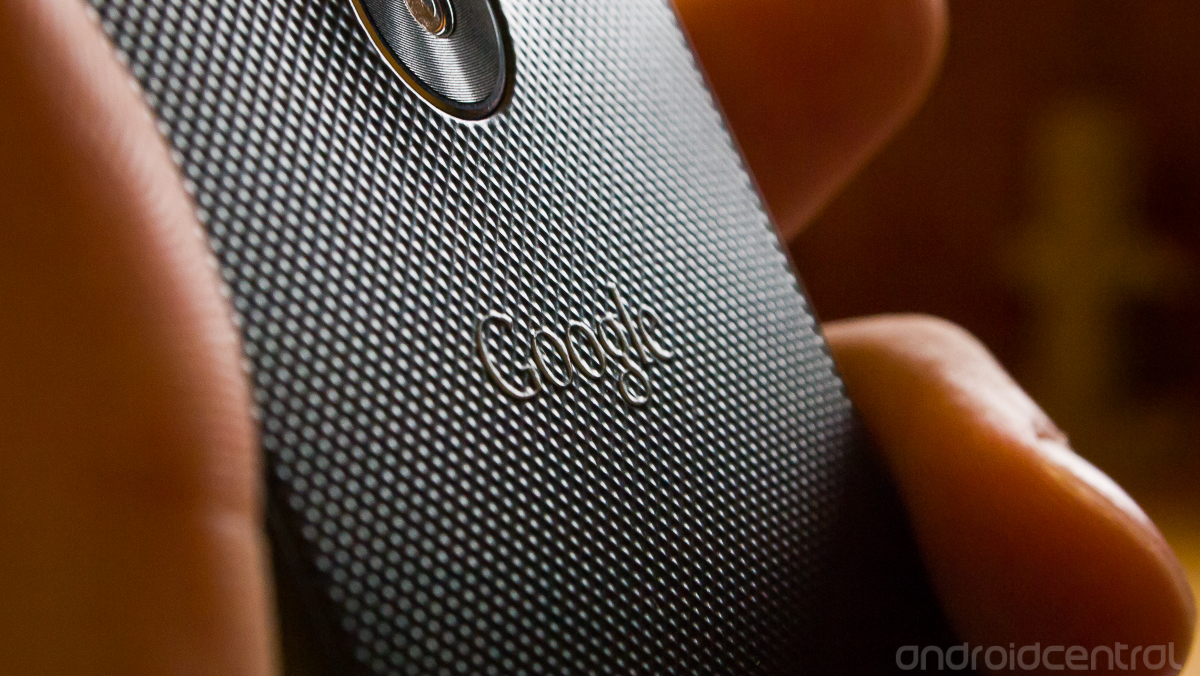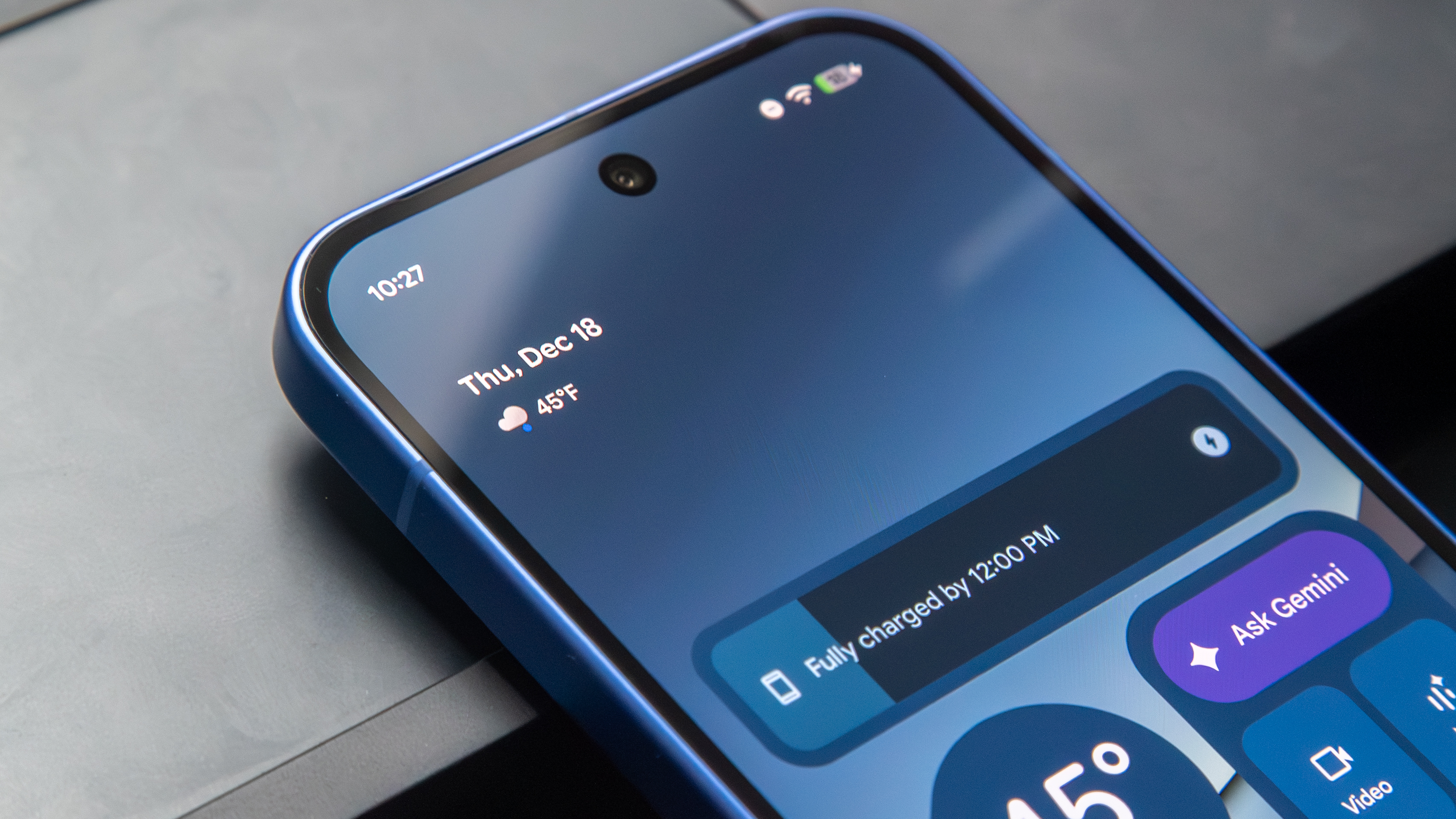Google agrees to change business practices as FTC closes investigation

Google has agreed to change a couple of its business practices following an anti-competitive investigation by the Federal Trade Commission over the past several months. There are two main parts to this agreement -- online search and standards-essential patent licensing. For the former, Google has agreed to change its policies to both let advertisers more freely manage advertising campaigns on both Google and other search engines simultaneously, as well as not give its own sites any preferential treatment in results in specific categories such as Travel and Shopping. Beth Wilkinson, outside counsel to the FTC, had this comment on the search findings:
“The evidence the FTC uncovered through this intensive investigation prompted us to require significant changes in Google’s business practices. However, regarding the specific allegations that the company biased its search results to hurt competition, the evidence collected to date did not justify legal action by the Commission. Undoubtedly, Google took aggressive actions to gain advantage over rival search providers. However, the FTC’s mission is to protect competition, and not individual competitors. The evidence did not demonstrate that Google’s actions in this area stifled competition in violation of U.S. law.”
As for the patent side, Google has agreed to license its portfolio of standards-essential patents (technologies necessary to make phones work, like a 3G radio for example) in a fair, reasonable and non-discriminatory manner -- that's the FRAND acronym we see thrown around. This means that if any company that wishes to use these patented technologies in their devices Google should be forthcoming on letting them do so for a reasonable price and set of associated terms. The FTC argued in its investigation that when Google acquired Motorola Mobility -- and its portfolio of over 24,000 patents and patent applications -- it reneged on its FRAND commitments and instead attempted to pursue injunctions against other companies with the patents. FTC Chairman Jon Leibowitz had this to say:
“We are especially glad to see that Google will live up to its commitments to license its standard-essential patents, which will ensure that companies willing to license these patents can compete in the market for wireless devices. This decision strengthens the standard-setting process that is at the heart of innovation in today’s technology markets.”
Now folks are spinning this one every which way. As consumers, this doesn't really have much tangible effect on us. But on the surface this seems like a pretty non-threatening result to Google. The FTC seems pleased with Google's initial commitments and compliance terms, and we'll just have to wait and see in the future how well Google actually follows up on these commitments. These compliance terms are enforceable, which means it's in Google's best interest to follow them closely. If you happen to be a lawyerly type, you can take a look at the full statement from the FTC at the source link below.
Source: FTC
Get the latest news from Android Central, your trusted companion in the world of Android

Andrew was an Executive Editor, U.S. at Android Central between 2012 and 2020.
